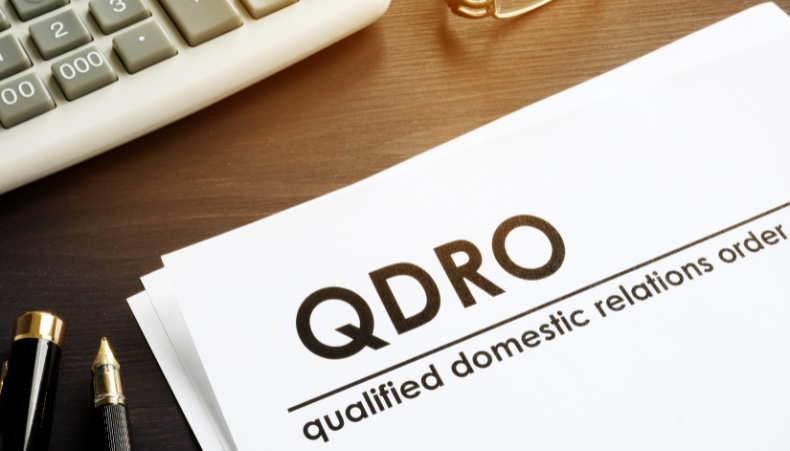
One of the most significant and often overlooked aspects of property division in a Georgia divorce is the distribution of retirement benefits. Enter the Qualified Domestic Relations Order, or QDRO – a crucial legal document that plays a pivotal role in ensuring a fair division of retirement assets. Let's look at what QDROs mean in Georgia and their importance in the divorce process.
A Qualified Domestic Relations Order (QDRO) is a special court order that gives instructions to retirement plan administrators on how to divide retirement assets between divorcing spouses. It's a powerful tool that can significantly impact your financial future post-divorce.
Imagine Sarah and John, a couple married for 20 years. Throughout their marriage, John contributed to his 401(k) plan. Now that they're divorcing, Sarah is entitled to a portion of those retirement benefits. But how can she access her share without John incurring hefty penalties? That's where a QDRO comes into play.
The concept of QDROs is rooted in the Employee Retirement Income Security Act of 1974 (ERISA), a federal law that governs employer-sponsored retirement plans. ERISA typically prohibits the assignment or alienation of retirement benefits. However, it makes an exception for QDROs, allowing for the transfer of retirement assets in divorce cases without triggering early withdrawal penalties or immediate tax consequences.
Not all retirement accounts require a QDRO for division. In Georgia, you'll typically need a QDRO for:
On the other hand, Individual Retirement Accounts (IRAs) usually don't require a QDRO for division in a divorce. However, it's always best to consult with an experienced family law attorney to determine the specific requirements for your situation.
One of the primary benefits of using a QDRO is its ability to transfer retirement assets without immediate tax consequences. When retirement funds are transferred via a QDRO, the alternate payee (the spouse receiving the funds) becomes responsible for any taxes on the distributions they receive.
However, while a QDRO can help avoid early withdrawal penalties, it doesn't eliminate taxes altogether. The alternate payee will still need to pay income tax on any distributions they receive from the plan.
An often overlooked aspect of QDROs is their ability to address survivor benefits. In some cases, a QDRO can designate the alternate payee as a surviving spouse, ensuring they continue to receive benefits even after the plan participant's death. This can be particularly important in cases involving pension plans.
Drafting a QDRO requires a deep understanding of both state and federal laws, as well as the specific rules of the retirement plan in question. A poorly drafted QDRO can lead to unintended consequences such as:
That's why it's crucial to work with an experienced attorney who specializes in QDROs. They can ensure that the order is drafted correctly and meets all legal requirements.
Let's bust some myths about QDROs:
Military divorces in Georgia come with their own set of challenges, especially when it comes to dividing military pensions. While a standard QDRO isn't used for military pensions, a similar document called a Military Pension Division Order (MPDO) serves the same purpose.
The Uniformed Services Former Spouses' Protection Act (USFSPA) governs the division of military pensions. It's crucial to work with an attorney who understands the nuances of military divorces and can properly draft an MPDO.
While QDROs do come with a cost, it's important to view them as an investment in your financial future. The fee for drafting a QDRO can vary depending on the complexity of the retirement plan and the specific circumstances of your case. However, the potential benefits – such as avoiding early withdrawal penalties and ensuring a fair division of assets – often far outweigh the upfront cost.
Despite their importance, QDROs can present several challenges:
Understanding QDROs is about protecting your financial future. It helps ensure that your hard-earned retirement assets are fairly divided and your financial interests are protected.
If you're facing a divorce that involves retirement assets, it's crucial to consult an experienced family law attorney who can guide you through the process while protecting your entitlements.
At Attorney Sharon Jackson, LLC, we help clients navigate the complexities of divorce, including the division of retirement assets through QDROs. Our experienced team is here to ensure that your financial future is secure. Don't leave your retirement to chance – contact us today at (678) 909-4100 to schedule a consultation.
Attorney Sharon Jackson LLC
175 Langley Drive, Suite A1
Lawrenceville, GA 30046
Phone: (678) 909-4100